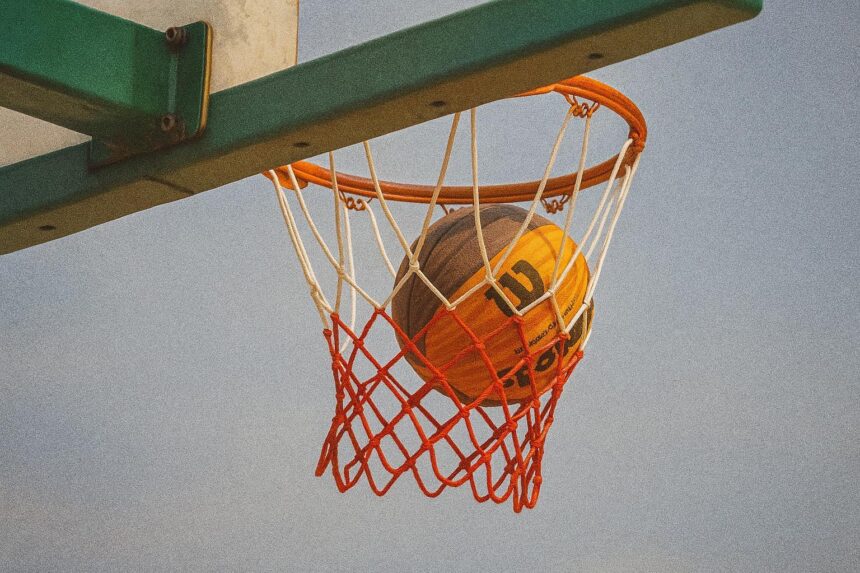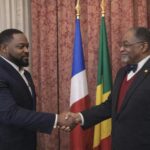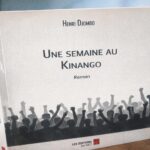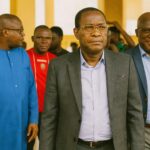Calendar Anchored in August 2025
In a communiqué circulated to federated leagues and diplomatic missions accredited in Brazzaville, the Congolese Basketball Federation (Fécoket) confirmed that the 41st National Championship will be staged between 17 and 24 August 2025, with the traditional Congo Cup following from 25 to 27 August. The sequence, endorsed by the Ministry of Youth and Sports, avoids clashes with the academic calendar and with regional economic forums that claim hotel capacity in the capital. Observers note that this early disclosure contrasts with earlier editions announced only a few weeks in advance, and it reflects an institutional intent to professionalise logistical planning (Fécoket communique, 2024).
Thirteen men’s clubs and eight women’s clubs have already filed preliminary rosters. Final accreditation will be completed in March 2025, once FIBA-Africa’s eligibility window closes. While the championship remains domestic in scope, it serves as the principal talent showcase for clubs eyeing participation in the Basketball Africa League, a pathway emblematically pursued by Inter Club in recent seasons.
Institutional Coordination with Government Stakeholders
The Ministry of Youth and Sports has quietly positioned the event as a rehearsal for larger continental meetings that Brazzaville intends to attract over the next decade. A senior official, requesting anonymity because the bidding dossier is still confidential, stressed that “successful sporting events radiate soft power more efficiently than many official communiqués.” That perspective dovetails with the government’s National Development Plan, which frames sport as both an economic cluster and a diplomatic vector.
President Denis Sassou Nguesso’s administration has previously underwritten infrastructure refurbishment—most visibly at the Makélékélé indoor arena—arguing that public investment in arenas generates youth employment during construction and catalyses tourism once events commence. International partners, including the Agence Française de Développement, have been invited to conduct environmental audits to ensure that refurbishment aligns with Brazzaville’s climate commitments.
Athletic Development and Youth Outreach
Beyond the senior championship, Fécoket will organise a parallel clinic for under-18 athletes, supervised by coaches recently certified through FIBA’s Level II programme. The federation’s secretary general, Makouta Ngoma, stated in a telephone interview that the objective is to “narrow the gap between junior and senior performance metrics and foster a seamless pipeline of talent.”
Such developmental emphases resonate with broader governmental ambitions to reduce youth unemployment. By integrating educational workshops on nutrition and entrepreneurship into the competition week, organisers aim to convert the championship into a multi-sectoral platform, echoing models tested in Kigali and Dakar.
Regional Participation and Competitive Balance
Brazzaville’s league, the historical powerhouse, will field five senior men’s teams and five senior women’s sides, while Pointe-Noire contributes four men’s and three women’s senior teams. The Cuvette, Lékoumou, Niari and Cuvette-Ouest leagues round out the tableau, each sending a calibrated mix of senior and junior formations. The geographic spread demonstrates the federation’s determination to avoid a capital-centric narrative and to restore competitive parity that had been eroding since the early 2010s.
Sports economists consulted by this journal emphasise that competitive balance not only heightens spectator interest but also sustains corporate sponsorship. Two Brazzaville-based banks and a pan-African telecommunications provider have signalled a willingness to renew multi-year sponsorships should audience metrics continue their upward trajectory, a prospect buoyed by the federation’s decision to live-stream all fixtures on a newly negotiated satellite feed (African Sports Data, 2024).
Prospects for Continental Integration
Looking beyond August 2025, analysts speculate that the champion and runner-up could seek wild-card entries into the 2026 BAL qualifying tournaments. Such a move would align with the Economic Community of Central African States’ aspiration to deepen regional integration through sport. A memorandum of understanding between Fécoket and the Angolan Basketball Federation, reportedly in its final drafting phase, envisages joint camps and officiating exchanges to harmonise technical standards.
While budgetary constraints remain, the federation’s methodical calendar, government backing and emergent private-sector interest position Congolese basketball for a measured yet unmistakable ascent. As Brazzaville prepares to host teams and supporters in August, the hardwood court is increasingly viewed as a podium for national narrative—a narrative that, for once, unites the alleys of Poto-Poto and the corridors of diplomacy under a shared spotlight.



















